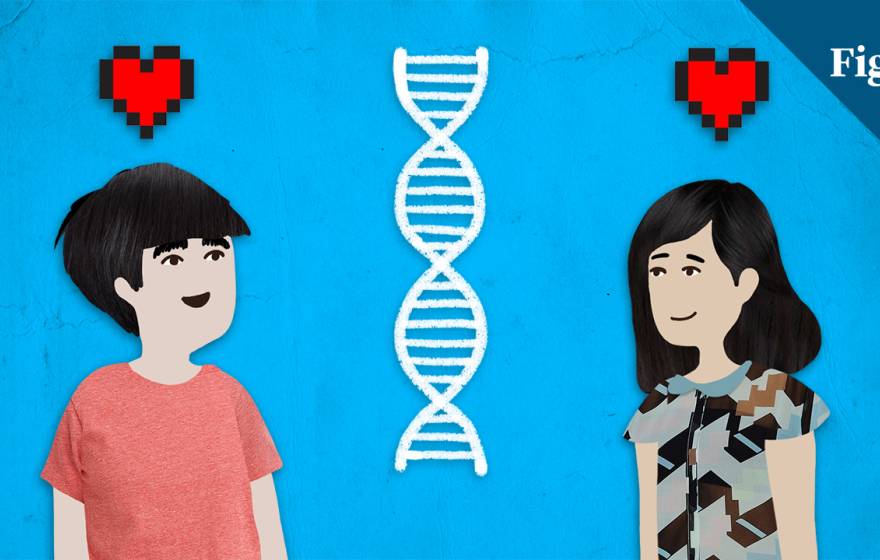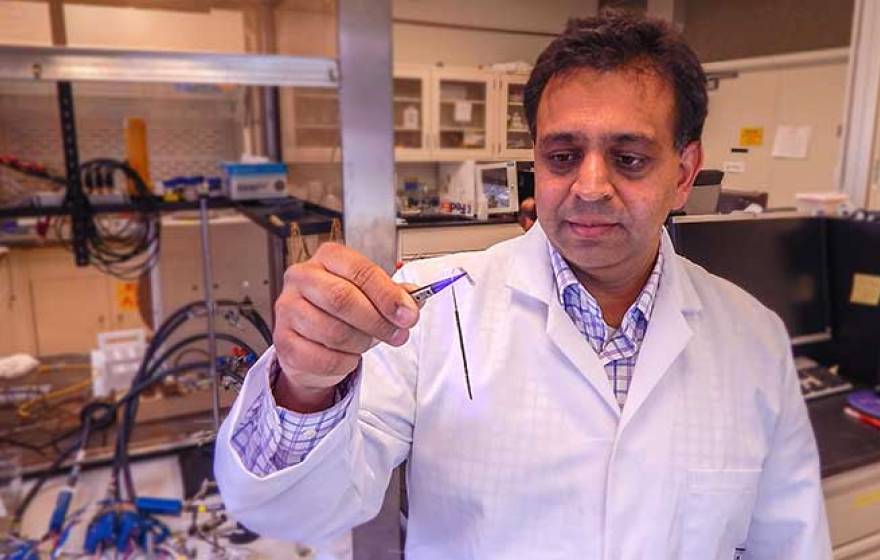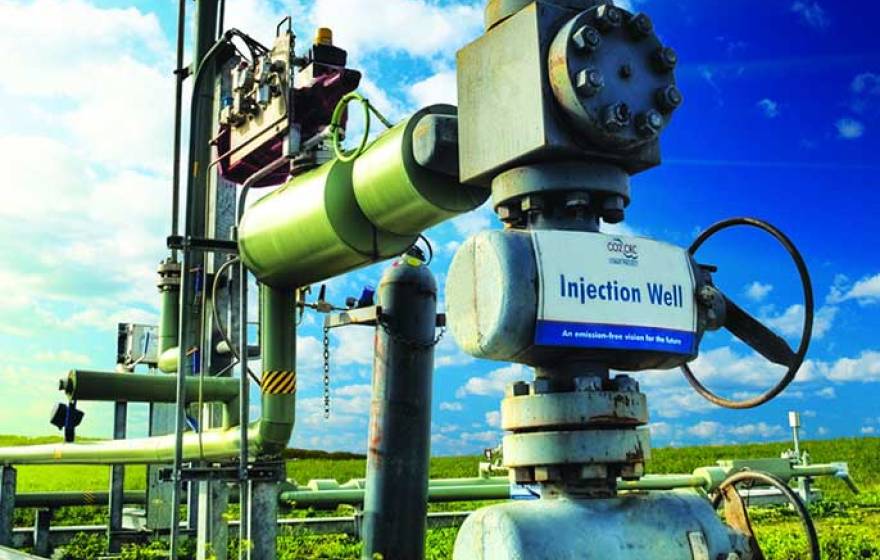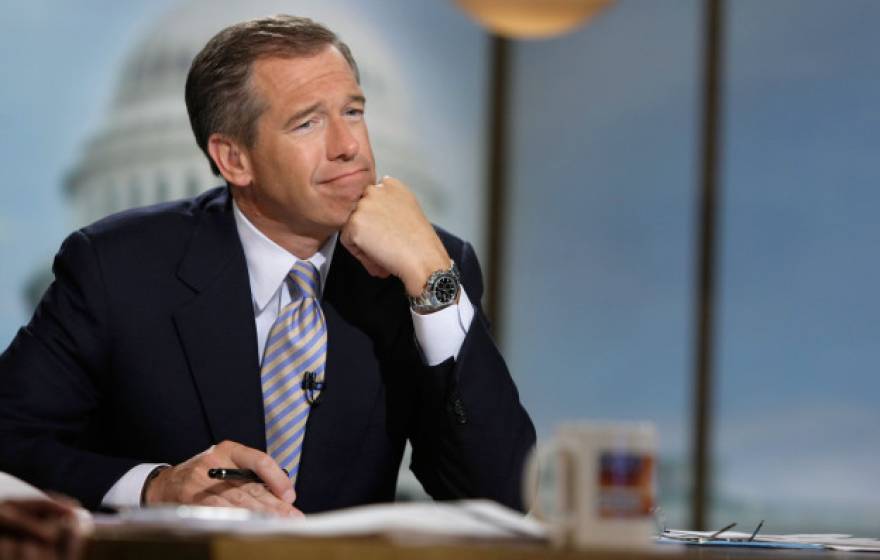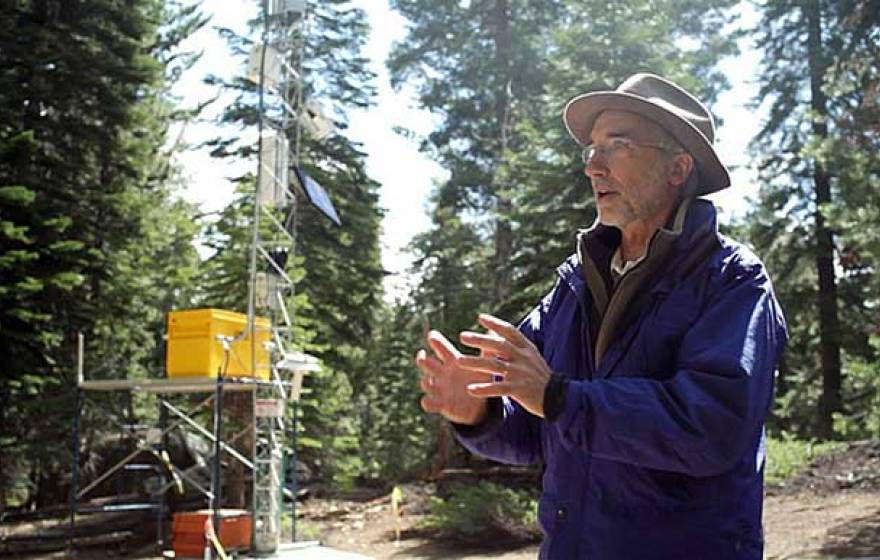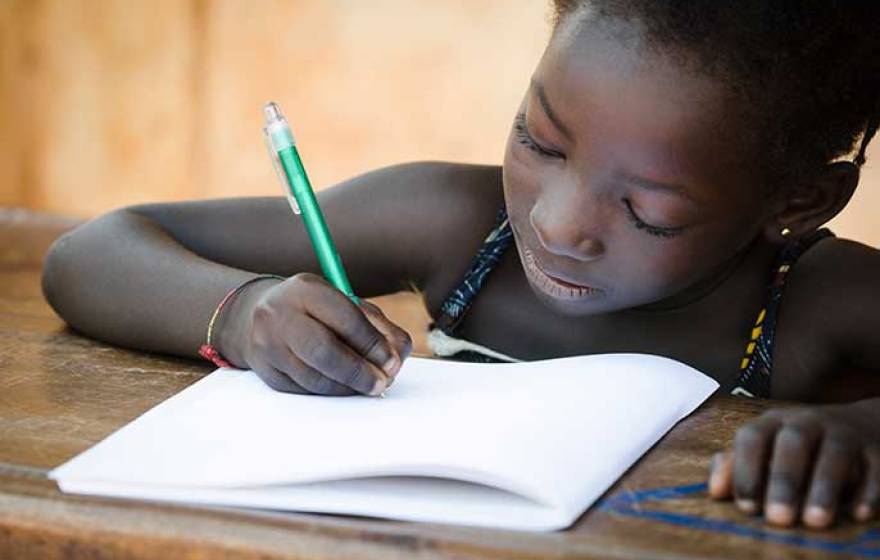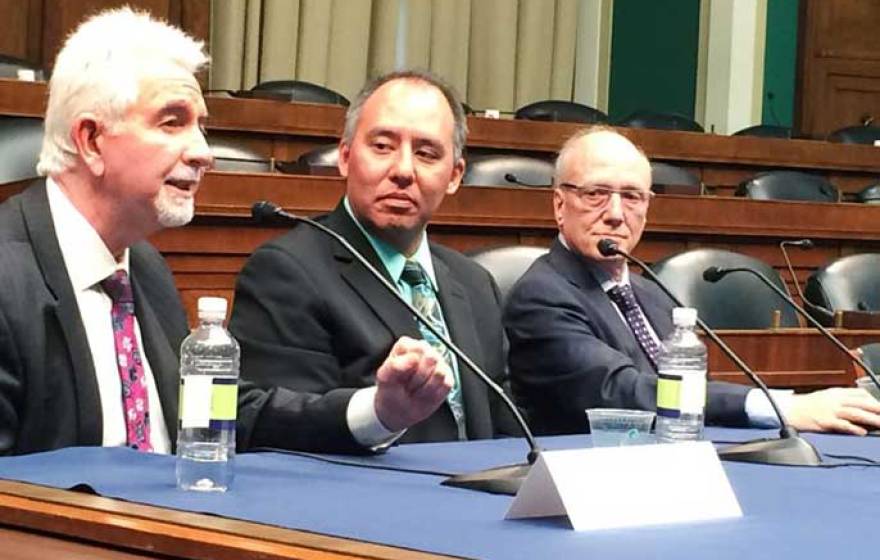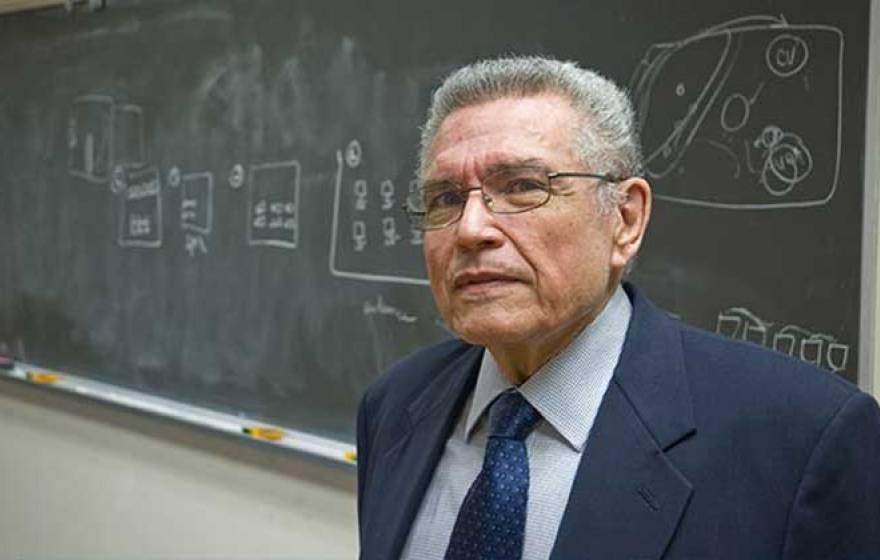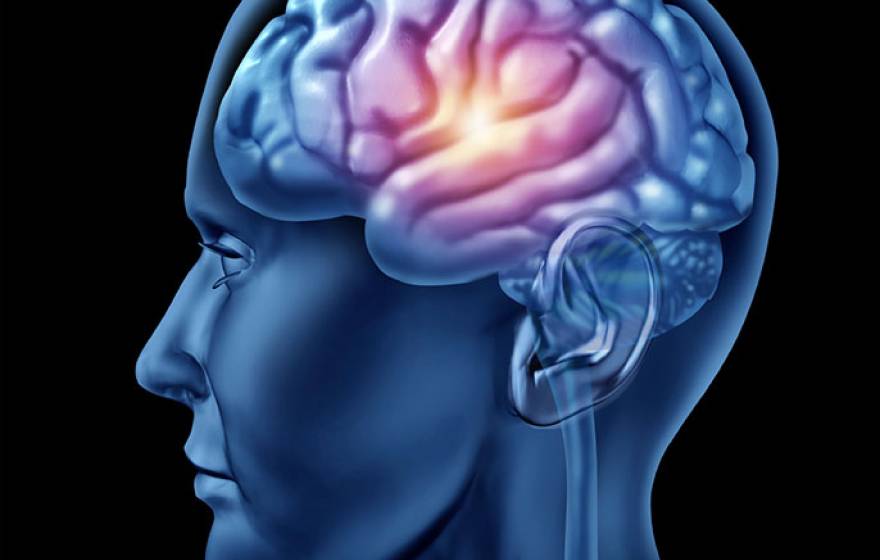UC Davis |
Tobacco-smoking parents increase diabetes risk for babies
Children exposed to tobacco smoke from their parents while in the womb are up to two to three times more likely to develop the disease.
Fig. 1 by University of California |
Is the secret to a happy marriage in your DNA?
Can something as simple and small as a gene impact something as complex as marriage? UC Berkeley researchers have found a link between relationship fulfillment and a gene variant, or allele, of the serotonin transporter gene.
Lawrence Livermore Lab |
DARPA taps Lawrence Livermore Lab to restore touch to amputees
Lab will join collaborative research team that intends to build the world’s first neural system to enable naturalistic feeling and movements in prosthetic hands.
Lawrence Berkeley Lab |
Startup promises safe lithium batteries
Venture capital backs company — co-founded by a Berkeley Lab scientist —developing a battery using a nonflammable electrolyte.
UC Berkeley |
One-two punch could make western U.S. carbon-negative
Combining biomass electricity production with carbon capture could enable power generators to store more carbon than they emit.
Here and Now, WBUR |
Brian Williams says he misremembered. Can that really happen?
Elizabeth Loftus, a professor of psychology and social behavior at UC Irvine School of Law, discusses the phenomenon of false memory.
UC Newsroom |
UC awards $23 million to multicampus research collaborations
Grants will go to a diverse array of projects, from developing an implantable device that could correct memory impairment to an effort to help California better manage its water resources.
UCLA |
Girls of color face harsher school discipline than white peers
Girls of color are disproportionately impacted by school discipline policies and excluded from current efforts to address the school-to-prison pipeline, according to a new report co-authored by two UCLA law professors.
UC San Francisco |
UCSF’s Bruce Miller urges Congress to fund brain research
Funding support provided by the National Institutes of Health remains crucial to finding treatments for neurodegenerative diseases.
UC San Diego |
First satellite to view Earth from deep space set for launch
Seventeen-year quest to take non-stop look at sunlit side of Earth finally comes to fruition for Scripps scientist.
Wired |
Forecasting a river of atmospheric water
After starting the new year with a dry month, California soon will be falling off the wagon. Scientists have been tracking a tentacle of moisture-laden tropical air—a so-called atmospheric river—that’s supposed to make it rain.
UCLA |
Meditation may slow age-related loss of gray matter in the brain
A new study by UCLA researchers found that meditation appeared to help preserve the brain’s gray matter, the tissue that contains neurons.
